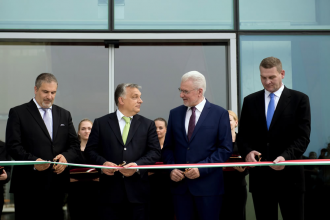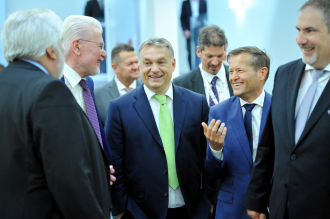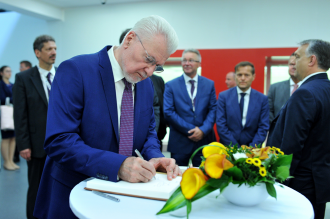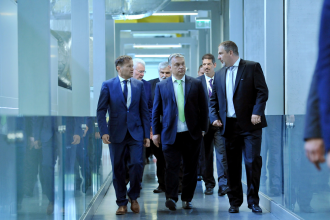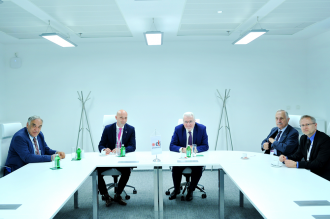The newly opened ELI laser facility is the most significant domestic project serving research purposes and funded from European Union sources in the programming period of 2014-2020. The new, service-oriented infrastructure provides the international research community with access to the latest technologies of laser science. The Szeged-based institute stands out from the world’s largest facilities producing high intensity laser pulses, with the highest number of pulses per second and the shortest pulse duration. In addition to ultra fast basic physical processes, the equipment is expected to contribute to outstanding research findings in the areas of biological, medical and material sciences. After the opening of this complex in Szeged, the operation is expected to reach its full capacity in 2019, when connected to the laser research infrastructures to be established in the Czech Republic and Romania. Thus, the European laser research infrastructure will become complete once the facility launched now in Szeged will be organised into a European Research Infrastructure Consortium (ERIC) together with its Prague and Bucharest counterparts.
After the establishment of the ELI-ERIC, consortium members will pay membership fees to cover the operating costs of the equipment. In order to organise the ELI-ERIC consortium, prepare contracts, promote the domestic and international utilisation of the ELI research capacities and conduct the related intergovernmental consultations, upon the proposal of József Pálinkás, President of the NRDI Office, Zsolt Fülöp, Doctor of the Hungarian Academy of Sciences (HAS), former Director of the HAS Institute for Nuclear Research was appointed envoy extraordinary by János Áder, President of Hungary.
The benefits and efficacy of membership fees relating to international research infrastructure such as ELI will be monitored by the NRDI Office on an annual basis, whereas the National Research Infrastructure Committee set up on the proposal of the Office is in charge of identifying the most advantageous directions of international networking and maximising the benefits derived therefrom. In the 2016 budget of the NRDI Office and the NRDI Fund approximately HUF 3.2 billion (EUR 10.4 million) was earmarked for access to foreign research infrastructures.
Follow up the ELI-ALPS project on Facebook, LinkedIn and Youtube:
http://www.facebook.com/EliAlpsLezerkozpontSzeged
http://www.linkedin.com/in/eli-alps-34854668
https://www.youtube.com/channel/UCbi8r90P3wHYFvrxcdVIQSg







